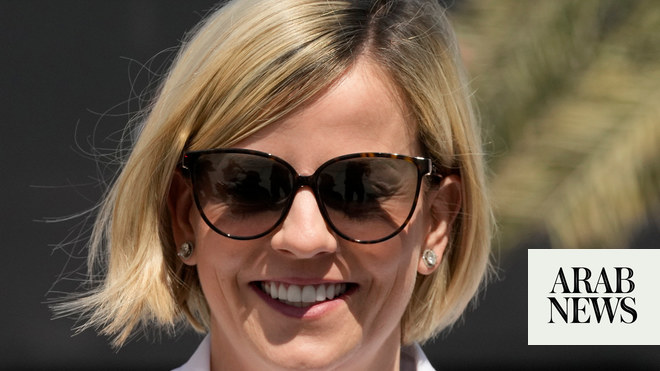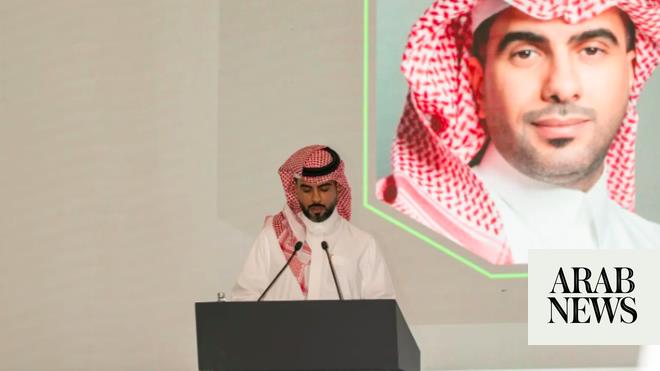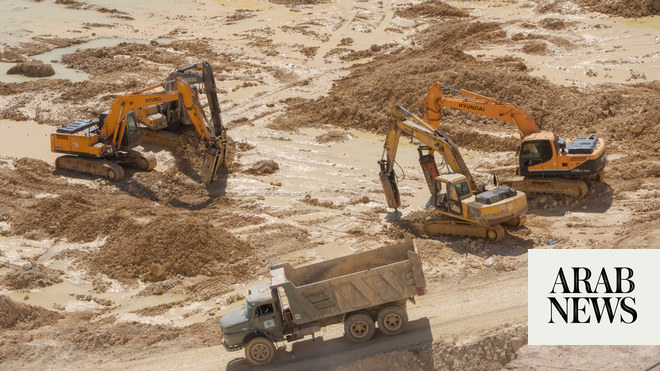
RIYADH: The Middle East North Africa region’s first animal vaccine facility aimed at reducing foot and mouth diseases, located in Saudi Arabia, is expected to be operational by 2024, according to one of the project’s owners.
The new plant, which is a joint venture between Argentina’s Biogenesis Bago and Saudi partners, is currently under construction in the eastern part of the Kingdom with a cost of $80 million.
The facility is capable of producing 200 million doses of vaccines a year at full capacity, covering the entire regional demand, said Esteban Turic, CEO of Biogenesis Bago in an exclusive interview with Arab News.
Biogenesis and its Saudi partner MAS are building the facility in Dammam industrial zone and it will eventually supply roughly three times more than the current demand of doses in Saudi Arabia, and 20 times more than in Jordan and Iraq, he added.
This new facility has a crucial significance, as the region is home to over one billion heads of cattle, goats, sheep and camelids. As foot and mouth diseases are very common in these animals, the new facility will significantly reduce the import of vaccines and crucially have vaccines in close proximity to react quickly if necessary.
Talking about selecting Saudi Arabia as the place for developing this facility, Turic said, “Saudi Arabia has one of the biggest domestic markets which demands the biggest volume of this vaccine. Secondly, because it’s in the middle of the GCC countries, and through the 2030 vision, the country provides a lot of incentives for the private sector.”
The vaccine plant which is expected to begin production by the second half of 2024 will start producing 50 million doses in the first year, and will reach the maximum production capacity within two years, added Turic.
Turic also revealed that the facility will create 300 direct jobs in Saudi Arabia, to include biochemists, biologists, and engineers. The indirect jobs will be in excess of 300, he added.
He also made it clear that most of these direct and indirect jobs will be among Saudi Arabian nationals.












